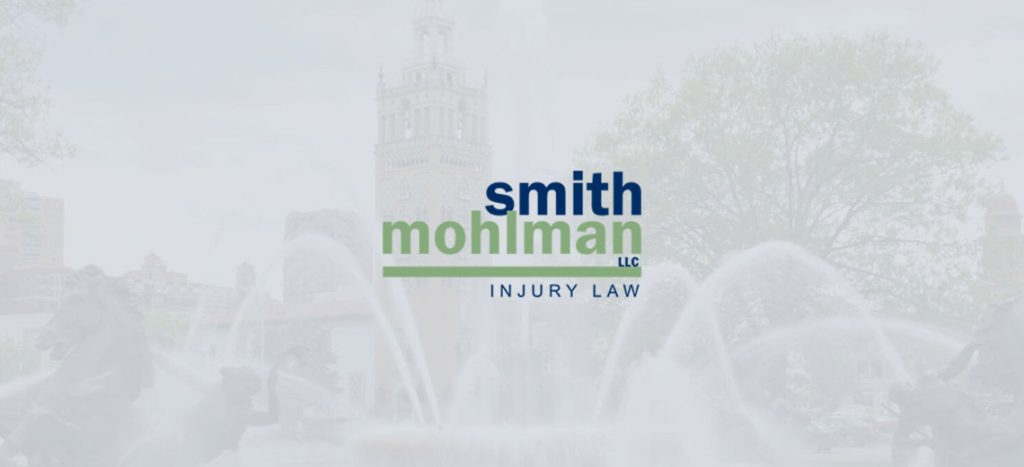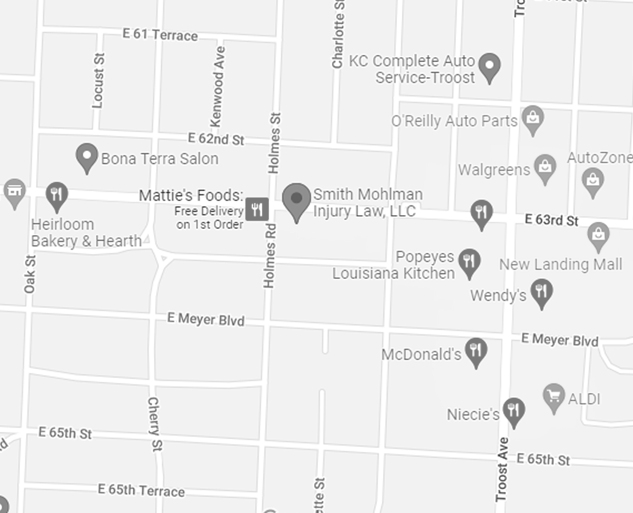When one of your loved ones is the victim of nursing home abuse or neglect, your first actions are the most important to getting the justice you deserve. The Smith Mohlman team starts our investigation by defining the grounds on which the case may be filed. The following items are some of the most common grounds for filing a nursing home abuse case.
Some of the grounds for filing a nursing home abuse case:
Negligent Hiring
Nursing homes have an obligation to their residents to hire personnel who are properly qualified, have the requisite academic degrees for the position for which they are hired, and have no record of abuse or violence. If a nursing home hires its employees without conducting background checks, or if it keeps an employee it knows is not competent, it is the nursing home residents that are put at risk. Therefore, the nursing home can be held responsible if unqualified staff members harm residents.
Understaffing
A report from the Center for Disease Control (CDC) shows that the average staff to resident ratio is 1 staff member to every 1.64 residents. When a nursing home fails to employ a reasonable amount of staff members, residents may be neglected because there is no-one to look after them and provide necessary care.
Additionally, the low staff-to-resident ratio causes more work for staff members who may not be compensated properly for how much work they are required to do. This can lead to stress in staff members, often causing a loss of morale and compassion. Nursing homes can be found liable if a resident suffers an injury or dies as a result of the failure to have an adequate number of caretakers.
Inadequate Training
In some cases, nursing home employees are not provided with proper training to handle disabled or difficult residents and do not provide the level of care required by law and expected by a family. Nursing homes can be held accountable when inadequate training of their staff leads to the injury of a patient.
Third-Party Responsibility Claim
Nursing homes can be held responsible for any abuse caused by third parties within the residence. This is because they have a duty to provide a safe environment for the residents. For instance, if a resident is injured by another resident or a guest of another resident, the nursing home can be found liable if they failed to provide adequate security to prevent such an incident.
Breach of Statutory or Regulatory Rights
Nursing home residents are entitled to autonomy, dignity, and privacy. A nursing home can be held liable if one of its employees violates these fundamental rights.
Medication Errors
Medications are a part and parcel of old age and nursing home residents can suffer if they aren’t provided the right dosage of medication at the right time. If the resident is injured by a prescription drug error, the physician, administering nurse, pharmacy, or pharmacist can be held accountable.
Nursing Home Abuse Warning Signs
Because signs of nursing home abuse are sometimes dismissed as indicators of old age or dementia, it is important that loved ones recognize the signs of mistreatment in a residence. There are several types of nursing home abuse, each with their own set of symptoms that may indicate that a resident is being abused.
Sudden weight loss or dehydration. If you notice this, speak with the resident’s doctor. Some facilities, while collecting thousands of dollars a month for care, budget as little as possible for daily meals.
Multiple falls. Nursing home staff and administration should use appropriate methods to prevent falls. These may include the use of a bed alarm or chair alarm to notify staff if a patient is moving, a “Lap Buddy” to remind the resident not to move alone, a toileting program, or frequent changes of activity. In extreme cases, a helmet or restraint may be necessary. Many preventable falls happen during transport or movement in and out of beds.
Wounds on the heals or coccyx (tailbone). Bed-ridden patients should be turned on a routine basis and on airbeds that allow for frequent adjustments that prevent bedsores (decubitus ulcers).
Changes in mood or activity level, possibly from medication errors. Nursing homes should have the appropriate personnel administer medications and should strictly monitor the medications given.
Unexplained cuts and bruises.
New or worsening confusion or disorientation
If you or a member of your family has been a victim of nursing home abuse or neglect or assisted living abuse or neglect, we are here to listen. Contact us now to speak to our professional lawyers for neglect cases in nursing homes, and we can schedule a free legal consultation as soon as possible.
Call 816-866-7711 today.





